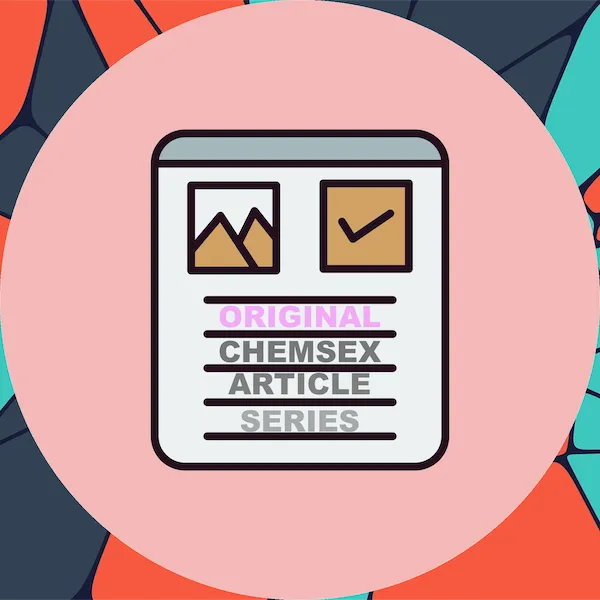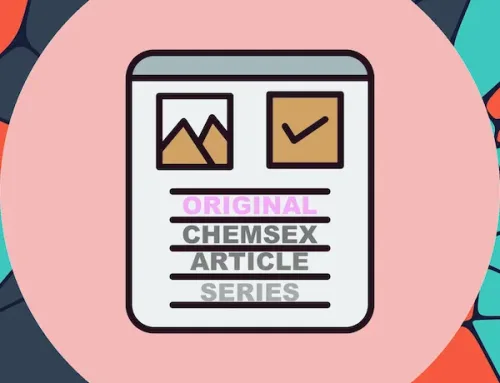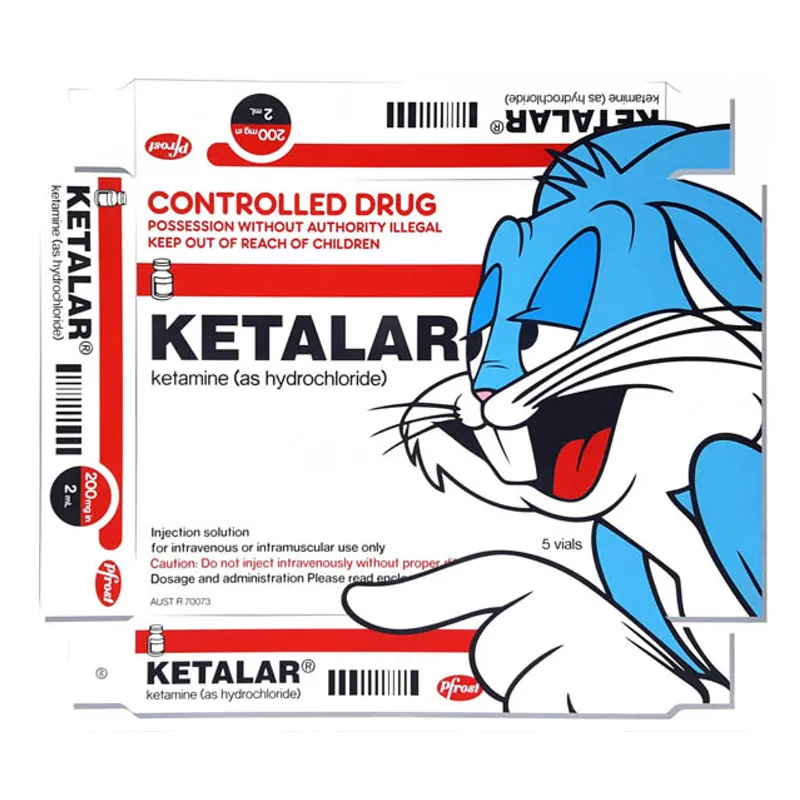Chemsex and relationships
Chemsex is a term used to describe the combination of drugs and sex activities. Specifically, it refers to the consumption of drugs such as methamphetamine, gamma-hydroxybutyrate (GHB), and mephedrone, with the intention of prolonging and intensifying sexual activities. Chemsex is especially prevalent among the gay and bisexual communities, and it is often associated with high-risk sexual activities such as unprotected sex, multiple partners, and casual sex.
When it comes to relationships, chemsex can have a negative impact. Chemsex can lead to increased feelings of disconnection and isolation, as it is often done in a solitary or group setting with little to no emotional connection. It can also increase the risk of HIV/AIDS and other STIs. Additionally, chemsex can lead to physical and psychological health problems such as depression, anxiety, and addiction.
Furthermore, chemsex can have a detrimental effect on existing relationships. For example, it can create feelings of insecurity and mistrust, and it can lead to arguments and conflicts between partners. It can also lead to a decrease in communication and intimacy, which may result in a breakdown of the relationship.
Ultimately, chemsex can have a serious negative impact on relationships, and it should be approached with caution. If you or your partner are engaging in chemsex, it is important to discuss the risks and strategies to keep yourselves safe. Additionally, it is essential to maintain open communication with your partner, and to seek help if you are experiencing any negative effects.
Meta






